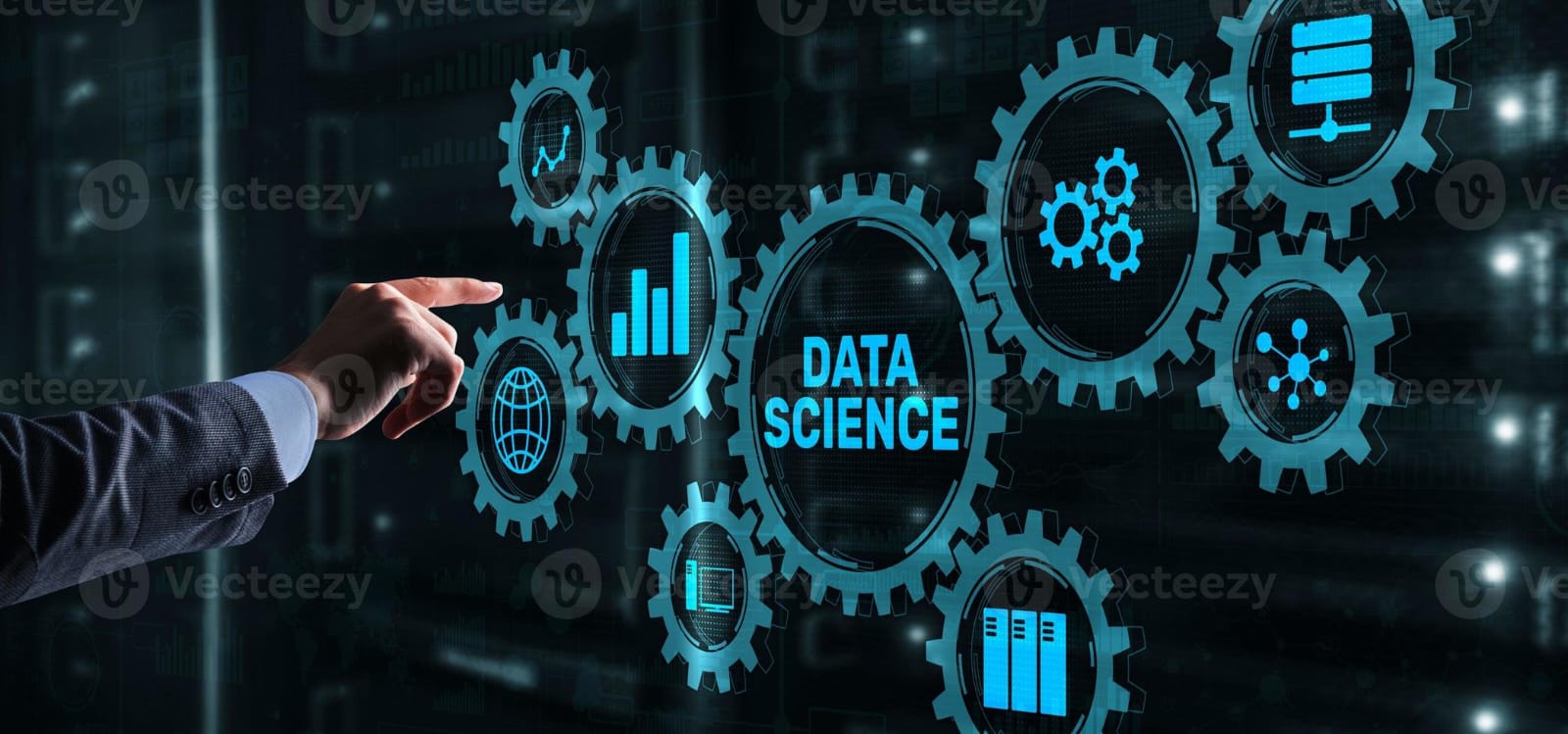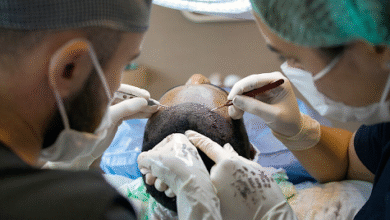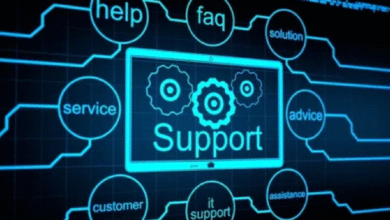How Data Science is Revolutionizing Healthcare Analytics in 2025
How Data Science is Revolutionizing Healthcare Analytics in 2025

The healthcare industry is undergoing a digital transformation, and at the core of this shift is data science. In 2025, the role of data-driven decision-making in healthcare is no longer a futuristic concept but an operational necessity. For aspiring professionals looking to break into this high-impact field, enrolling in an online data science course with a healthcare focus can be a powerful entry point. These courses offer a structured pathway to build analytical, technical, and domain-specific skills that are increasingly sought after by hospitals, biotech firms, and healthtech startups alike.
As healthcare organizations become more data-driven, they are actively seeking professionals who can interpret complex datasets and translate them into clinical or operational improvements. Roles such as healthcare data analyst, clinical informatics specialist, and AI model trainer are emerging as critical positions within hospitals, research labs, and digital health platforms.
Healthcare generates an enormous amount of data — from electronic health records (EHRs) and diagnostic imaging to wearable device outputs and genomic data. Traditionally, much of this information went underutilized due to lack of infrastructure and analytical tools. In 2025, data science has changed that. Sophisticated machine learning algorithms, natural language processing (NLP), and real-time analytics are being used to mine these datasets for actionable insights, leading to earlier diagnoses, personalized treatments, and more efficient hospital operations.
In practice, tools like Python, SQL, TensorFlow, and cloud-based analytics platforms are becoming standard in healthcare analytics. Professionals trained in these tools are better equipped to manage data pipelines, visualize trends, and deploy AI models in real-time clinical environments.
Predictive analytics is one of the standout applications. Hospitals and clinics are leveraging data science to predict patient readmissions, detect early signs of chronic conditions, and optimize treatment plans based on historical patterns. For instance, AI-powered models can now flag potential sepsis cases hours before symptoms become critical, giving doctors valuable time to intervene.
Another major area is operational efficiency. With increasing patient loads and pressure on healthcare systems, data science is helping administrators make better resource allocation decisions. From forecasting ICU bed usage to optimizing staff schedules, data-driven insights are making healthcare systems more agile and cost-effective.
Moreover, personalized medicine — tailoring treatment to an individual’s genetic makeup and lifestyle — is being propelled forward by advancements in data science. By integrating genomic data, patient history, and treatment outcomes, AI models are enabling precision therapies that are more effective and have fewer side effects.
Privacy and ethics are also key concerns in 2025, and data scientists are at the forefront of developing solutions that ensure patient data is handled securely and transparently. Techniques like federated learning and data anonymization are allowing healthcare organizations to harness insights without compromising individual privacy.
As healthcare continues to evolve with digital transformation, the need for skilled data professionals in this sector is skyrocketing. Whether you’re transitioning from a clinical background, a tech role, or entering the workforce for the first time, now is a strategic time to build your capabilities. Online data science courses — especially those that focus on healthcare applications — offer practical training in real-world tools, case studies, and mentorship. These programs not only prepare you to analyze complex medical data but also open doors to impactful roles in healthtech companies, research labs, and public health organizations. If you’re passionate about using technology to improve lives, healthcare analytics is a space where you can make a real difference — and the journey begins with the right education.
Career opportunities in healthcare data science are diverse and rapidly growing. You could work as a clinical data analyst, biomedical data scientist, AI healthcare researcher, or even a consultant advising health systems on digital transformation. With the healthcare AI market expected to surpass billions in valuation, professionals with the right skills will be in high demand, not just in hospitals, but also in pharma, insurance, government, and telemedicine sectors.



